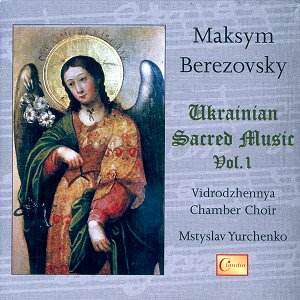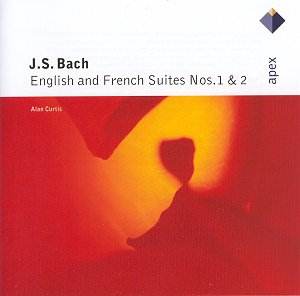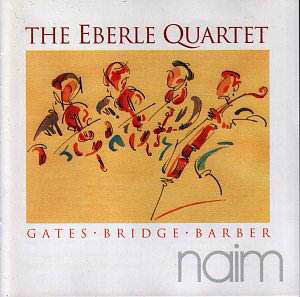 Composer: Maksym Berezovsky (c. 1745-1777)
Composer: Maksym Berezovsky (c. 1745-1777)
Works: Ukrainian Sacred Music Volume 1: Liturgy; Eucharistic Verses; Choral Concert – Let the Lord Enthrone
Performers: Vidrodzhennya Chamber Choir; Mstyslav Yurchenko, Choirmaster
Recording: Refectory Church of Kyiv, 2000
Label: CLAUDIO CB 4730-2
Maksym Berezovsky, often regarded as a pioneer in Ukrainian sacred music, occupies a crucial yet underappreciated space in the history of classical composition. His works, primarily composed in the latter half of the 18th century, reflect a synthesis of Western musical forms and Eastern European liturgical traditions. The present recording, “Ukrainian Sacred Music Volume 1,” showcases his intent to bridge the Ukrainian liturgy with the ornate structures of the Catholic Mass, a goal facilitated by his training in Italy, particularly under the tutelage of Padre Martini. This disc offers a compelling exploration of Berezovsky’s stylistic duality, presenting both sacred settings and a glimpse into the burgeoning Ukrainian choral tradition.
The performance by the Vidrodzhennya Chamber Choir under Mstyslav Yurchenko is marked by a commendable precision and expressivity. The choir’s interpretation of the Liturgy reveals a deft handling of rapid homophonic passages, particularly in the Credo. Here, the rapid-fire articulation of the text is not merely a technical feat; it embodies the fervor and devotional intensity that Berezovsky sought to convey. The clarity of the mixed voices, especially in the male sections, lends itself well to the vigorous demands of the score, while the female voices occasionally exhibit a lack of cohesion, as heard in “Joy for the Blessed.” The moments of exposed soprano lines, while vulnerable, highlight the challenges inherent in the choral fabric, offering a glimpse into the emotive potential of the piece.
Technical aspects of the performance are generally strong, though the recording reveals some limitations. The acoustic of the Refectory Church in Kyiv, while spacious, occasionally blurs the clarity of individual lines, particularly in the denser polyphonic sections of the Eucharistic Verses. The compact nature of these movements, such as “The Salvation Cup I Will Receive,” showcases Berezovsky’s mastery of counterpoint; however, the recording’s slight muddiness can detract from the intricate interplay of voices. Despite this, the choir’s dynamic range is effectively captured, allowing for contrasts between the serene moments of reflection and the more exuberant passages, notably in the third setting of “Praise the Lord,” which stands out for its propulsive energy and ecstatic fervor.
Berezovsky’s “Let the Lord Enthrone,” one of his three surviving Choral Concerts, exemplifies his lyrical gift and sensitivity to text. The work’s four succinct movements, despite their thematic simplicity, reveal a nuanced approach to word setting, a hallmark of Berezovsky’s style. Yurchenko’s direction here allows the choir to explore the emotional landscape of the text, imbuing the performance with a sense of reverence that resonates deeply with the listener. However, the absence of texts in the CD booklet is a notable oversight, as the words are integral to understanding the full emotional and spiritual weight of these works.
The overall production quality, while commendable in its intention to present this essential repertoire, leaves room for improvement. The engineering choices, coupled with the natural acoustics of the recording venue, result in a soundscape that at times lacks the clarity necessary for intricate choral music. Comparing this recording to others featuring Eastern European sacred works, such as those by Rachmaninoff or the more recent explorations of Ukrainian choral music, this disc serves as both a valuable document of Berezovsky’s contributions and a reminder of the challenges faced in reviving historical repertoire.
Berezovsky’s Ukrainian Sacred Music Volume 1 offers a revealing glimpse into the composer’s artistry and the early Ukrainian choral tradition. The performance by the Vidrodzhennya Chamber Choir is marked by both strengths and limitations, encapsulating the essence of Berezovsky’s liturgical vision. While there are technical and recording quality aspects that could be improved, the disc stands as an important contribution to the understanding of this largely neglected repertoire, inviting further exploration of Berezovsky’s work and its context within the broader landscape of Eastern European sacred music.



